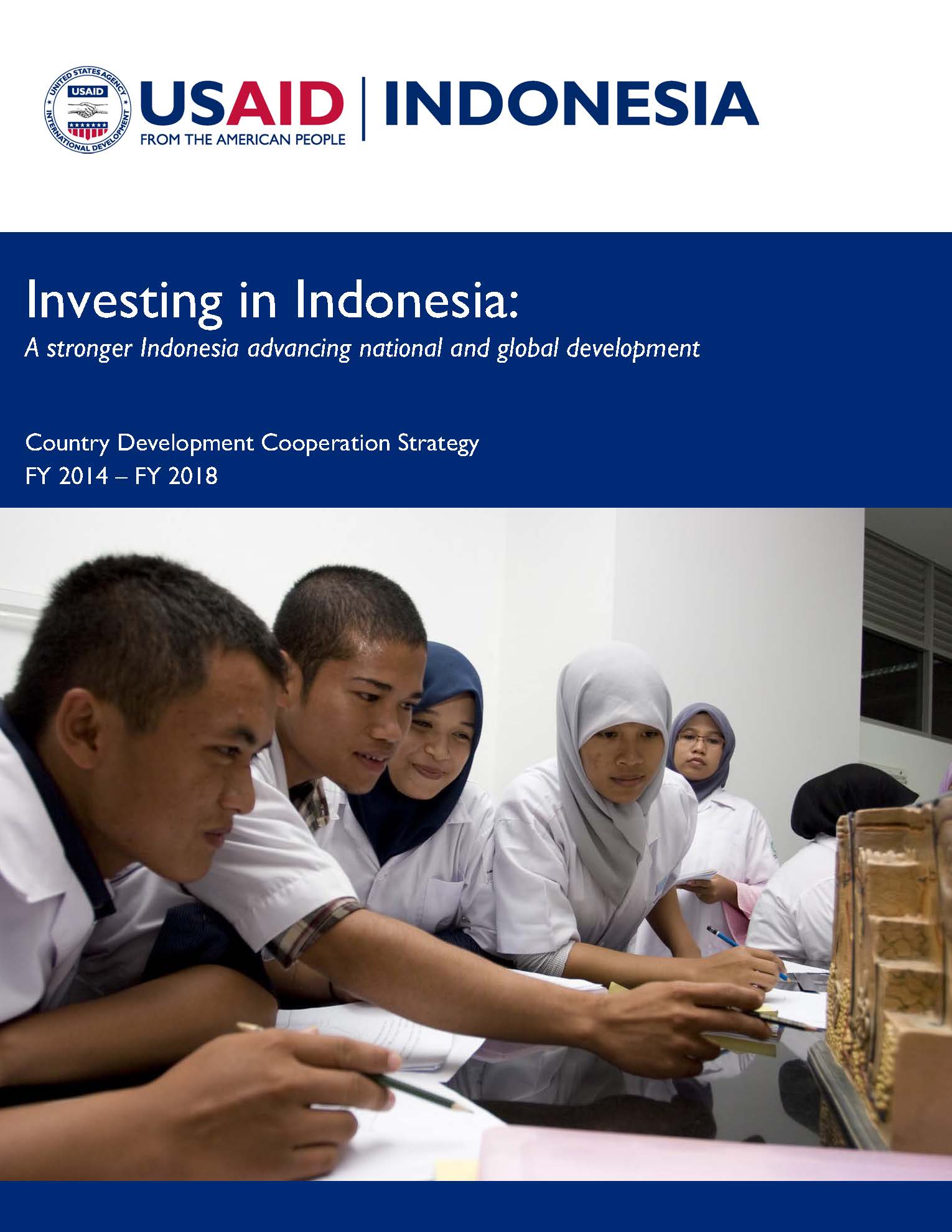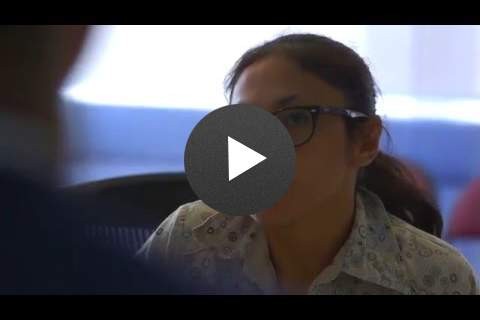The U.S. Agency for International Development (USAID) works as part of the U.S. Government to advance development priorities of mutual concern to Indonesia and the United States. From 2014-2018, this Country Development Cooperation Strategy (CDCS) serves as an outline for our engagement with Indonesia in the context of its democratic consolidation, growing economy, rising global leadership and remaining development challenges. With a population of 240 million and gross domestic product (GDP) of $1 trillion, Indonesia is a major economic partner for the U.S. Yet, it is still home to 40 million people living below the international poverty line of $1.25 a day (the sixth highest figure of extreme poverty in the world). It is also the world’s largest Muslim-majority democracy, the world’s third largest carbon emitter and steward of the world’s second greatest biodiversity. Indonesia’s success matters greatly to the United States. The engagement in this CDCS supports the U.S.-Indonesia Comprehensive Partnership, signed by Presidents Obama and Yudhoyono in 2010, to broaden, deepen, and elevate bilateral relations between our two countries.
Indonesia has undergone a tremendous transformation in the past 50 years. During USAID’s early period, the nation suffered widespread poverty, authoritarian rule, minimal infrastructure, and other challenges. Today, Indonesia is a rising economic power, vibrant democracy, leader of the Association of Southeast Asian Nations (ASEAN) and Asia-Pacific Economic Cooperation (APEC), and member of the G-20. Indonesia’s strong economic growth contributes to an average annual poverty reduction rate of almost 6 percent in the past five years (SEADI 2013), while not yet eradicating extreme poverty.
A Changing Partnership
When Indonesians look for U.S. support, our CDCS consultations showed, it is not about money. They seek technical assistance, capacity building, technology, and ideas that foster innovation and reform. The days of a donor relationship are over. We are partners and co-investors in development and ending extreme poverty.
Indonesia’s democratic and economic advancement over the past 15 years has led to its emergence as a valued regional leader and global voice. Indonesia’s development challenges increasingly transcend the archipelago and impact the region and the world, notably in the environment and health sectors. While economic growth has exceeded 6% in recent years, the poor and most vulnerable –nearly half the population – still lives on less than $2 per day. Decentralization of government, generally a positive democratic development, has varying degrees of access to basic service across the archipelago. Indonesia still struggles with fragile institutions, endemic corruption, and intolerance, all priorities for our partnership. Indonesia is a growing global presence with increasing global clout, but has yet to fully realize the positive benefits of democratization and economic growth. Recognizing President Obama’s vision of working with the international community to eradicate extreme poverty over the next two decades, Indonesia will continue to be a key partner in realizing that goal. This CDCS seeks to reorient USAID strategic engagement in Indonesia and therefore provides an opportunity to address extreme poverty in a way that both supports the President’s vision and is contextualized to USAID’s partnership in Indonesia.
Our Strategic Engagement
A stronger Indonesia advancing national and global development, our goal for this strategy, reflects our joint efforts to address both internal development gaps and external development opportunities. From 2014-2018, USAID’s investment will focus on four Development Objectives:
- Democratic governance strengthened
- Essential human services for the poorest and most vulnerable improved
- Global development priorities of mutual interest advanced
- Collaborative achievement in science, technology, and innovation increased
While the first two Development Objectives focus on internal development concerns, the others are more outward looking, including working with Indonesia in other countries. Across our strategy, USAID will be a co-investor along with Indonesian public and private institutions. We will build strong relationships with the Government of Indonesia, civil society and the private sector, and work closely across the U.S. Embassy, to promote a strong, democratic Indonesia.
Assessments
USAID/Indonesia (2013a). USAID Democracy, Governance, and Human Rights Assessment of Indonesia (PDF)










Comment
Make a general inquiry or suggest an improvement.